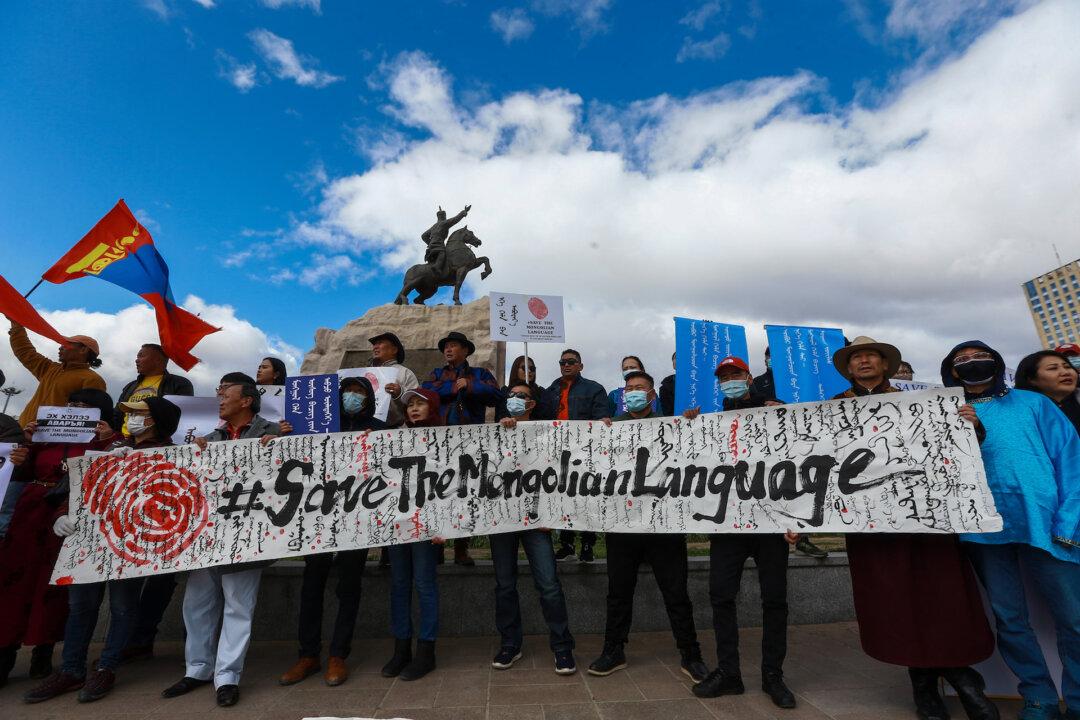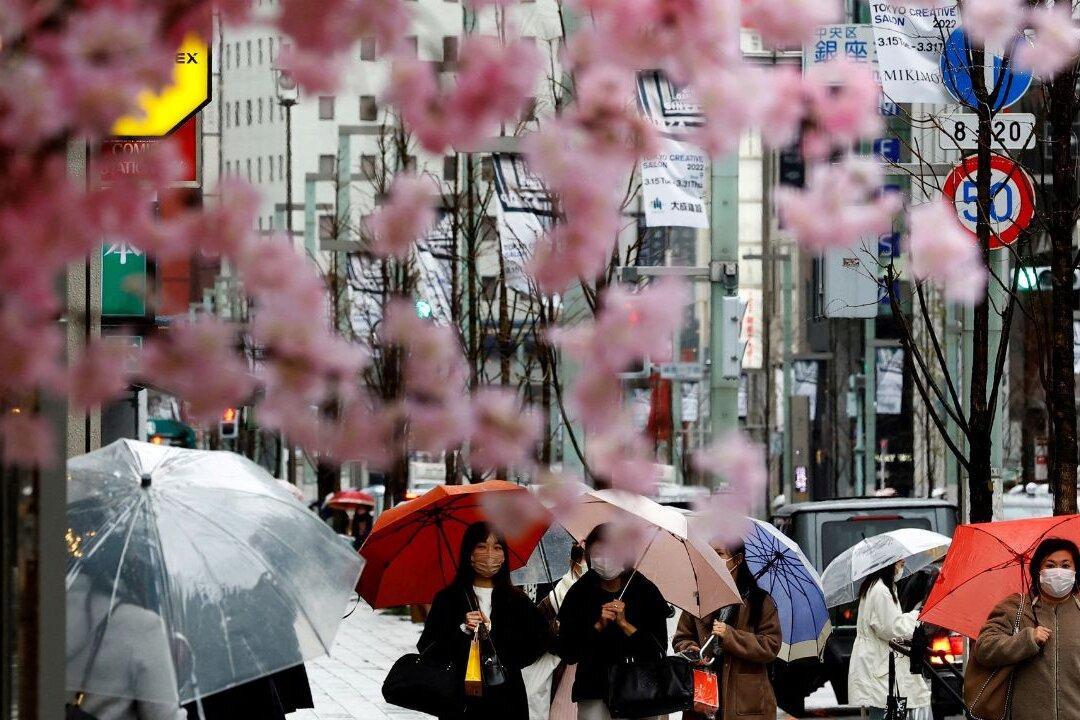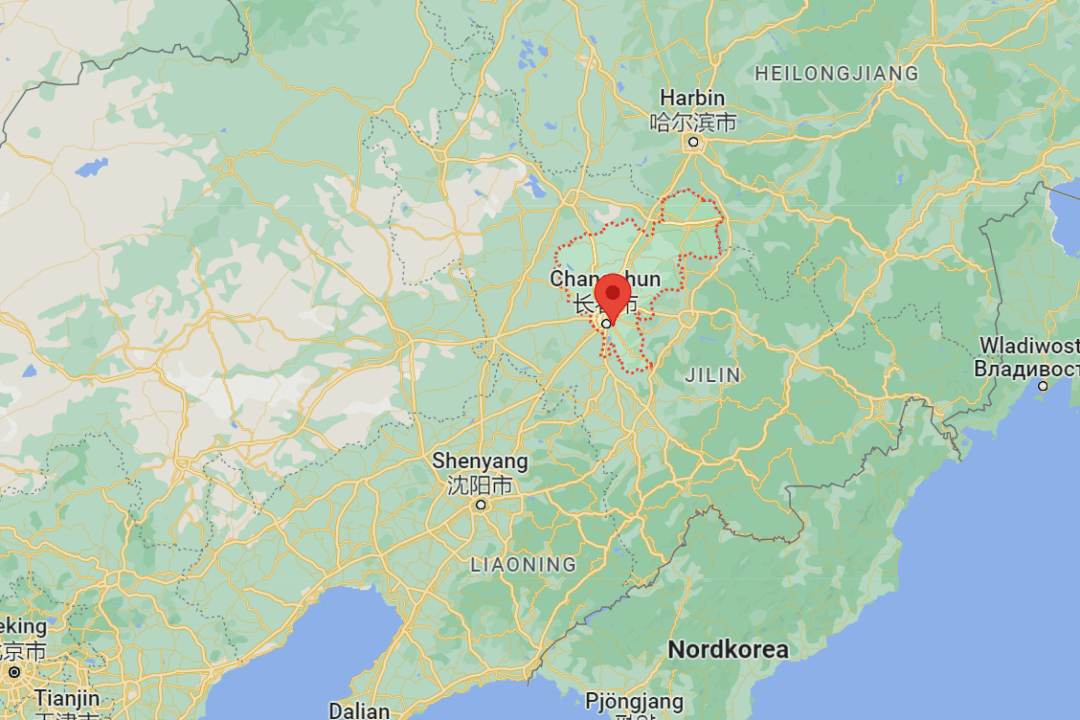As the Chinese regime tightens its methods of oppression to suppress protests against a new policy banning Mongolian language in Inner Mongolian schools, Mongolian nationals and non-nationals around the world have voiced support and started a movement.
The letter expressed the Mongolian scholars’ respect for China as a great nation with an ancient culture enriched by ethnic civilizations. But the scholars argued that the new policy may result in a negative impact on Mongolian children in Inner Mongolia, who may lose their fundamental right to study in their mother tongue. It may also tarnish China’s international reputation, they warned.
Some rights groups say the policy to change the language in schools in Inner Mongolia mirrors what Beijing has done in Tibet and Xinjiang—a focus on Sinification of local ethnic communities within the majority Han population.
“We want to raise awareness of this issue and to protest against this shameful policy of the Chinese regime,” Taiwanese Legislator Saidai Tarovecahe of the Democratic Progressive Party told a news conference at a rally supporting the people of Inner Mongolia, held outside the Legislative Yuan in Taipei on Sept. 11.
At the Institute of International Studies at the University of Washington, Mongolian is one of the close to 20 languages studied representing the world’s largest cultures. Mongolian is a language that has created a unique culture and represents a rich and powerful history, Mongolian journalist and writer Naminchimed Baasan told The Epoch Times.
“Historically, the Great Wall is the border of the Chinese and Mongolian nations, a boundary between settled and nomadic culture. By this means, Southern Mongolians now live in their own land. A nation living in its historical territory must have the privilege of preserving its language, cultural heritage,” he said.
Since China took over the regions after World War II and gave the Sino-centric name “Inner Mongolia,” has gradually eroded the culture and independence of the ethnic Mongolian population.
“All the policies that the CCP has been implementing in Southern Mongolia, Tibet, and East Turkistan are carefully designed and well planned to achieve their goal, which is to eradicate the Mongolian, Tibetan, and Uyghur identities completely to create a homogenous, worry-free Chinese society,” he said.
The petition states that the CCP’s new policy is a violation of human rights, world heritage, and its own constitution.




